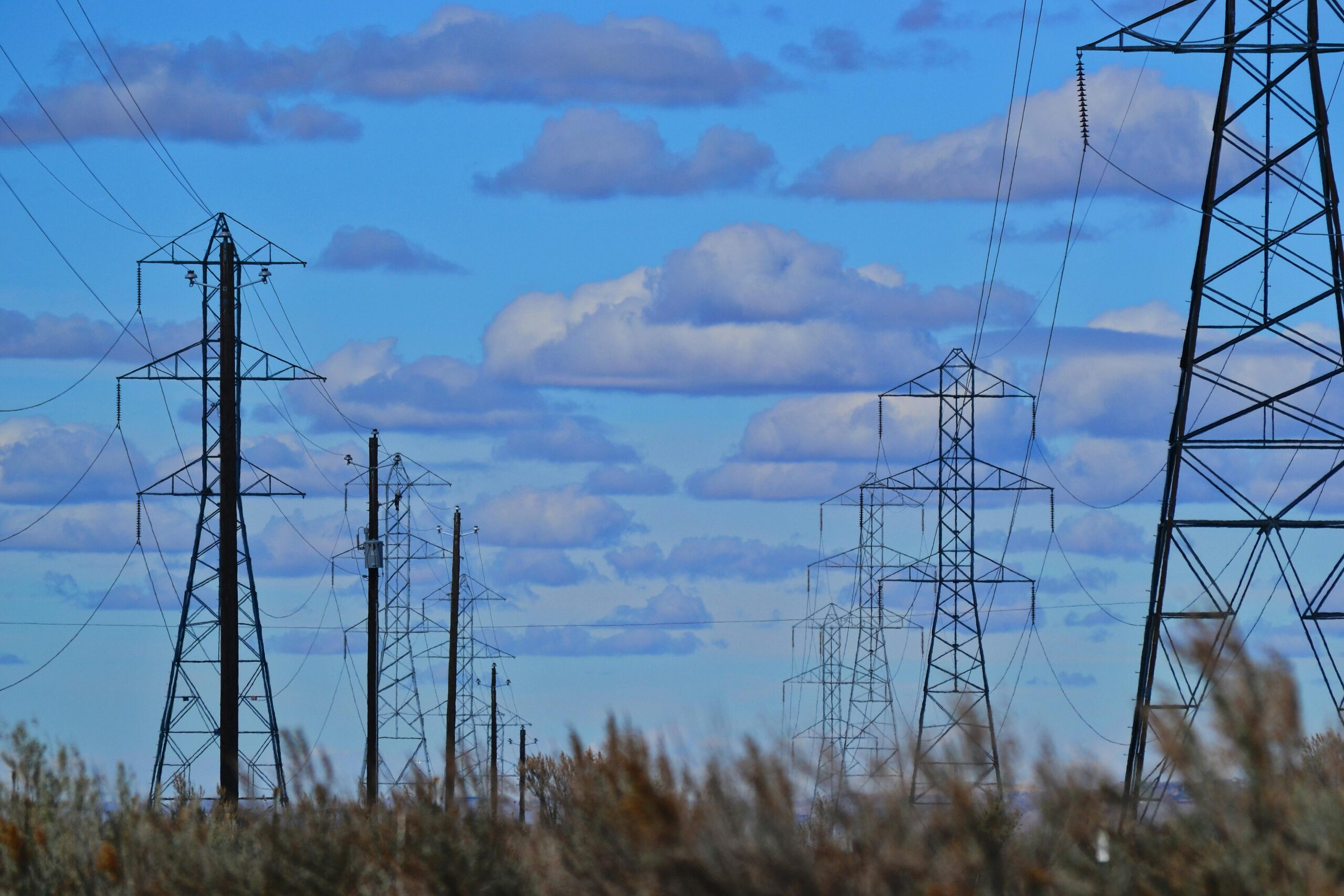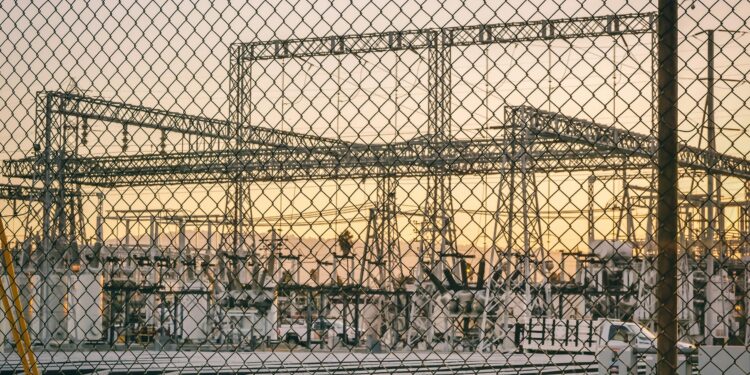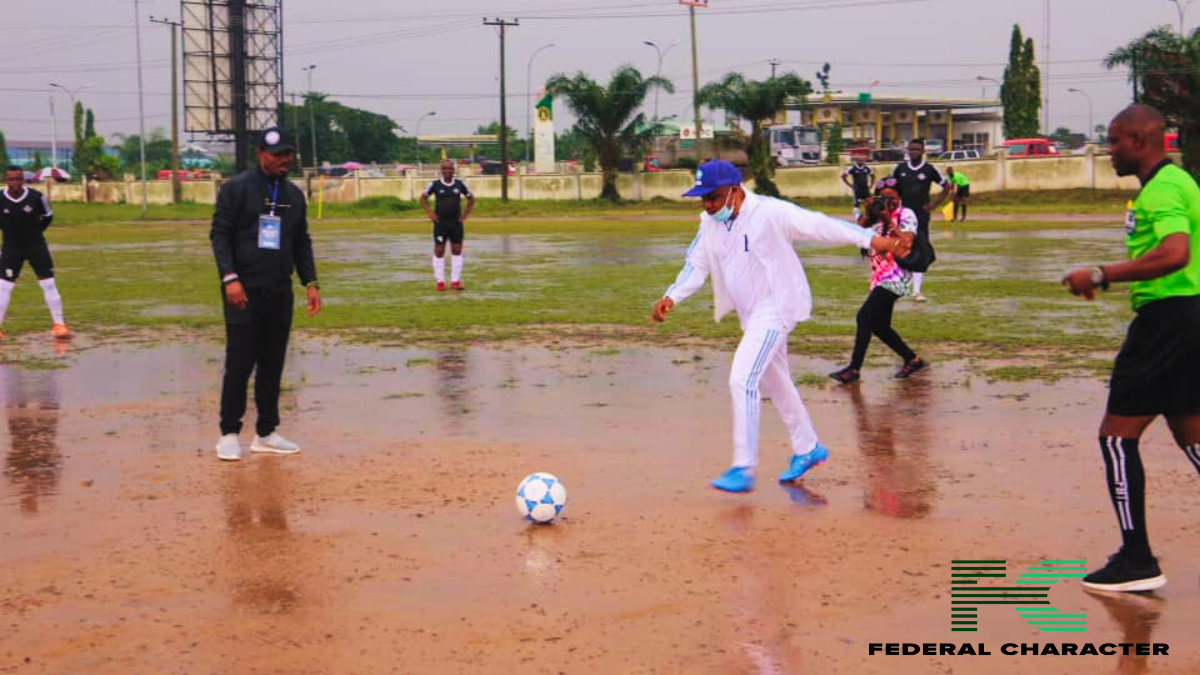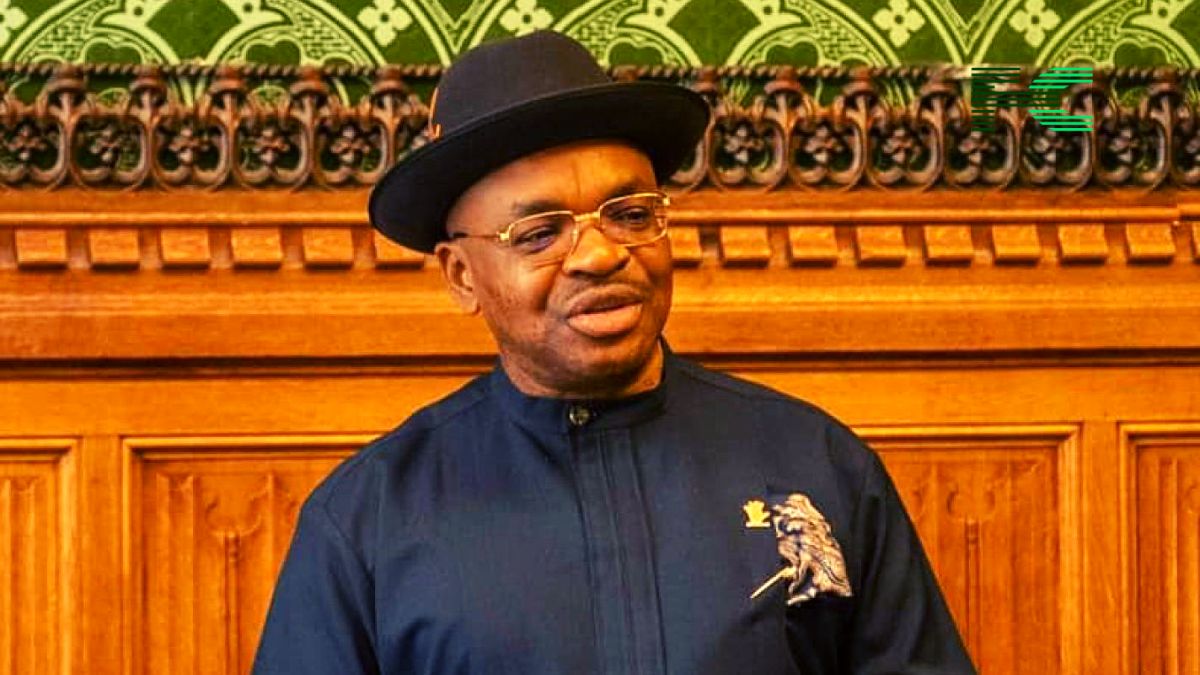Russia launched one of its most relentless aerial attacks on Ukraine’s energy infrastructure on Friday, leaving millions of civilians in the dark and exposing the fragile state of the country’s power grid. Ukrainian President Volodymyr Zelenskiy described the onslaught as one of the most severe yet, emphasizing why Kyiv urgently needs increased Western support in its fight against Russian aggression.
An Escalation of Destruction
The attack, Russia’s 12th major assault on Ukraine’s energy system this year, caused widespread damage across multiple regions, according to Ukraine’s national grid operator. Power outages, already a harsh reality for millions, were extended even further amid freezing winter temperatures of -6 degrees Celsius. This calculated strategy by Moscow appears aimed at breaking Ukrainian resilience, hitting civilians where it hurts the most- heat and electricity during winter.
“This is Putin’s plan for ‘peace’ to destroy everything,” Zelenskiy wrote on X (formerly Twitter). “This is how he wants ‘negotiations’ by terrorizing millions of people.”

The scale of the attack was staggering: 93 missiles and nearly 200 drones were launched, with Zelenskiy reporting that air defenses intercepted 81 missiles, including 11 shot down by F-16 fighter jets. Shockingly, one of the missiles used was reportedly manufactured in North Korea, a concerning development that hints at deepening international complicity in Russia’s war.
Widespread Damage and Growing Pressure
The aftermath of the strikes revealed the extent of the devastation. Six energy facilities in Lviv, near Ukraine’s border with Poland, were severely damaged. Power substations and gas infrastructure bore the brunt of the assault, with thermal power plants sustaining “serious damage,” according to DTEK, Ukraine’s largest private power provider.
The impact on daily life has been grim. In the Kyiv region, scheduled power cuts were extended to 11 hours—up from eight hours prior to the attack. Nearly half of power company Yasno’s 3.5 million customers were left without electricity, leaving millions struggling to cope in freezing conditions.
A Grim Winter Amid Political Uncertainty
Compounding the crisis is the looming uncertainty of international politics. Former U.S. President Donald Trump, set to return to the White House next month, has vowed to “end the war quickly.” However, Trump’s past coziness with Russian President Vladimir Putin raises concerns about what such a resolution would mean for Ukraine’s sovereignty and territorial integrity.
Zelenskiy’s government is making urgent pleas for increased military aid. Foreign Minister Andrii Sybiha reiterated the need for advanced air defense systems, including NASAMS, HAWK, or IRIS-T, to counter the escalating aerial threat.
Meanwhile, the International Atomic Energy Agency reported that five of Ukraine’s nine operational nuclear reactor units had reduced power output due to the latest strikes, further highlighting the precarious state of Ukraine’s energy infrastructure.
A Critical Moment for Global Response
As Russia intensifies its attacks on Ukraine’s civilian infrastructure, the international community faces a pivotal moment. Zelenskiy has called for a “massive strike, a massive reaction” from the world to counter Moscow’s aggression. Yet, questions remain: Will the West step up its support in time? Or will Ukraine be left to endure another brutal winter of power outages and despair?
The stakes are clear. This is not just a war for territory but a calculated campaign to erode the will of a nation and its people. The global community must decide whether it will stand firmly with Ukraine or allow Russia’s campaign of terror to continue unchecked.

















